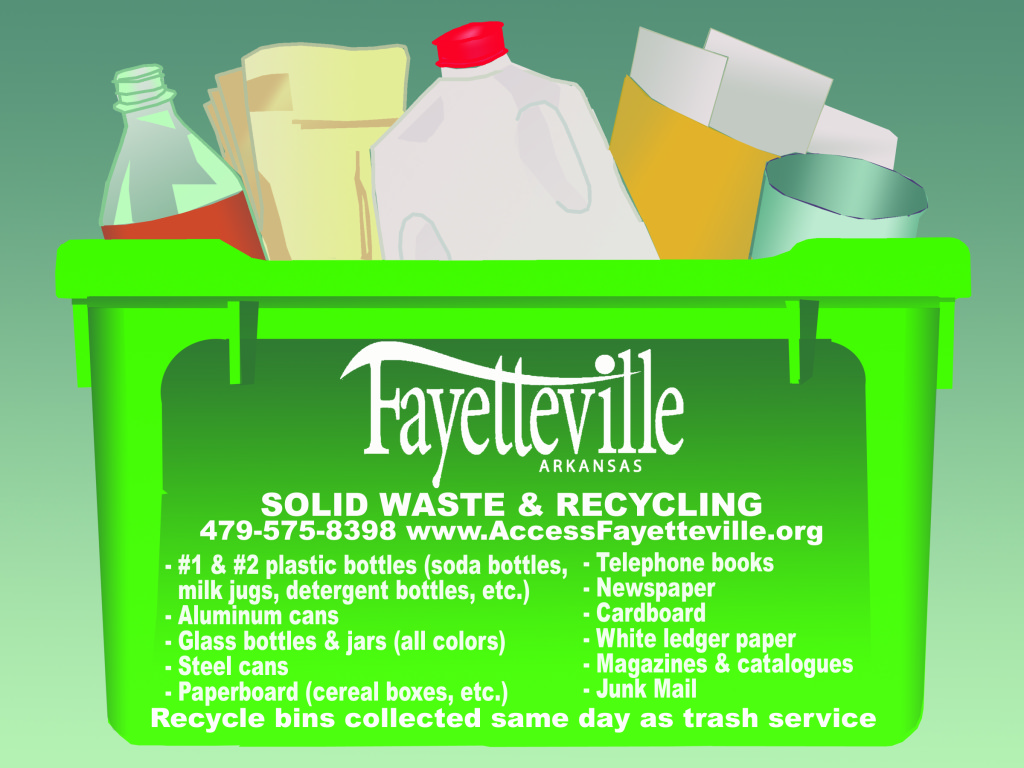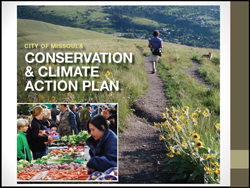Blame it on my field of study during college or maybe on my upbringing, but recycling has always come easy to me. In fact, it pains me when I look down and realize that my yogurt container is a #6 and cannot go into the recycling bin. When I was in school, it was obvious that not many college students living on campus recycled. Why would they? It was so much easier to dump everything in the trash bin (even though the recycling bin was right next to it…) I thought surely more people would recycle if they lived off-campus. Yet, I was wrong. Even in my own home, I catch myself rummaging through the trash to salvage recyclables that my roommate threw away; creamer bottles, paper towel rolls, milk jugs. Based on my service experience so far, I’ve realized that my roommate is more of the norm than the exceptions.
In an ideal world, there would be an Energy Corps member in every house who served as the “Recycle Police.” But let’s face it, we all know that that’s not possible. So the question is, what can we do to have Recycle Police in every house in Fayetteville? I think one of the answers is by educating the members of this community. One of the main projects I’ve been working on tackling is a door-to-door campaign for the City of Fayetteville’s Recycling and Trash Collection Division. Throughout this campaign, I worked with several City employees and some volunteers from the University of Arkansas in an effort to canvas an area of town known to have a low number of recycling participants. I’m not talking about a small area either. Our target area had around 500 houses in it. We went to each house and if someone was home, we asked them to participate in a quick survey about recycling. I talked with A LOT of people, but hey, I’m a talkative person so I did not mind in the slightest.
Some of the houses we went to not only recycled, but also possessed multiple bins and a compost pile in the back. Unfortunately, those houses were the minority. During this campaign, I found that nearly everyone we spoke with was supportive of recycling because they knew it was the right thing to do. However, just because residents were supportive of recycling didn’t mean that they were recycling or even knew about all of the items that were recyclable within city limits. This was where the education aspect of the door to door campaign came in. We would tell residents how great and convenient the City’s recycling program is.
“Need a recycle bin? Boom, you get two free ones merely by living in Fayetteville’s city limits.”
“Not sure what to recycle? Here, have this colorful magnet with a guide of what to recycle.”
“Oh, you’re going to start recycling so much that you need a smaller trash bin? Glad to hear it! Here’s a brochure about our pay as you throw program.”
It felt really good to spread information about the City’s recycling program and I am really excited to examine if participation in our target area has increased.
There are a lot of different hats in the field of sustainability. I feel like my hat to wear is that of educating. While the door-to-door campaign was exhausting (trust me, Fayetteville is hilly!) it was worth the effort to teach people about the City of Fayetteville’s incredible recycling program and what they can do to be more sustainable. I hope that I’ll get to have a lot more of these moments as my service continues.
 Kate Barnes is a graduate of the University of Tennessee, Knoxville where she studied Sustainability and Environmental Studies. She has put her education into practice with different jobs including UT Office of Sustainability intern and Garden Educator intern at the UT Gardens. Kate is serving with the City of Fayetteville Community Resources Division and Recycling Division administering the Energy Efficiency Kit program and providing information to increase participation in curbside recycling.
Kate Barnes is a graduate of the University of Tennessee, Knoxville where she studied Sustainability and Environmental Studies. She has put her education into practice with different jobs including UT Office of Sustainability intern and Garden Educator intern at the UT Gardens. Kate is serving with the City of Fayetteville Community Resources Division and Recycling Division administering the Energy Efficiency Kit program and providing information to increase participation in curbside recycling.








